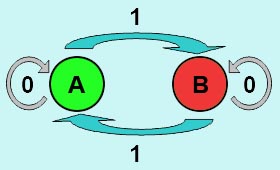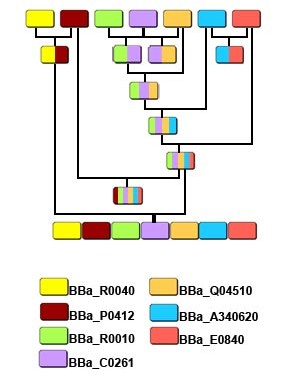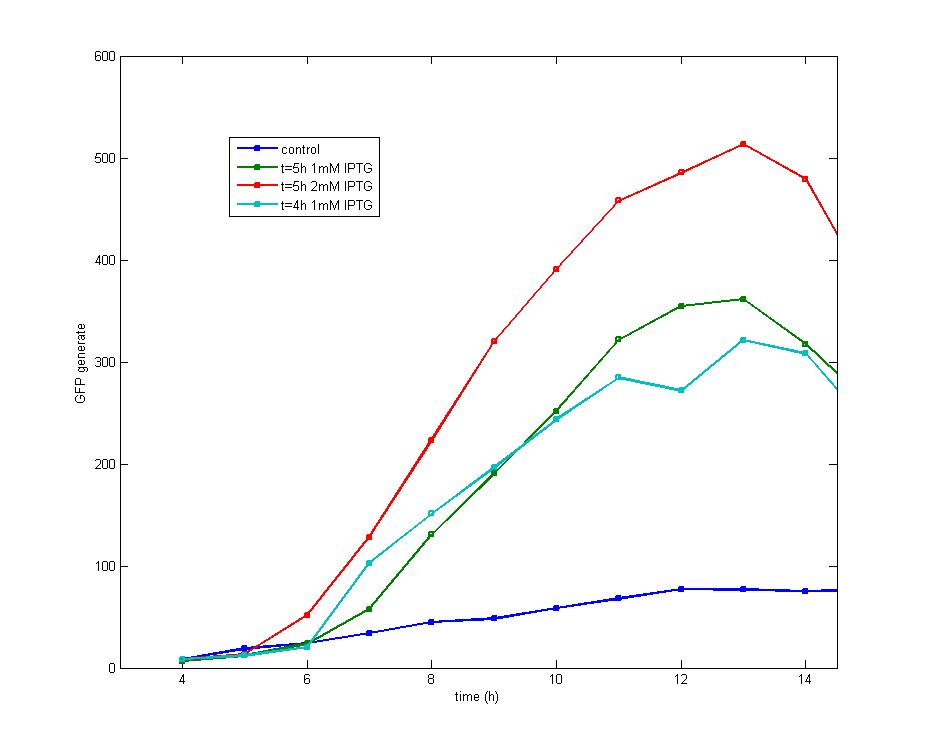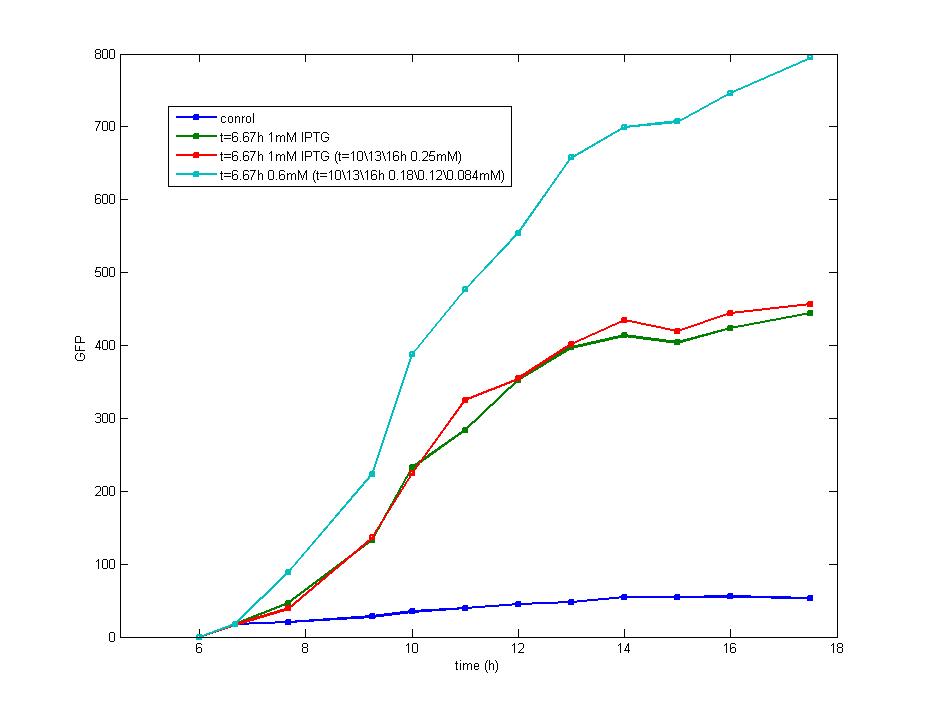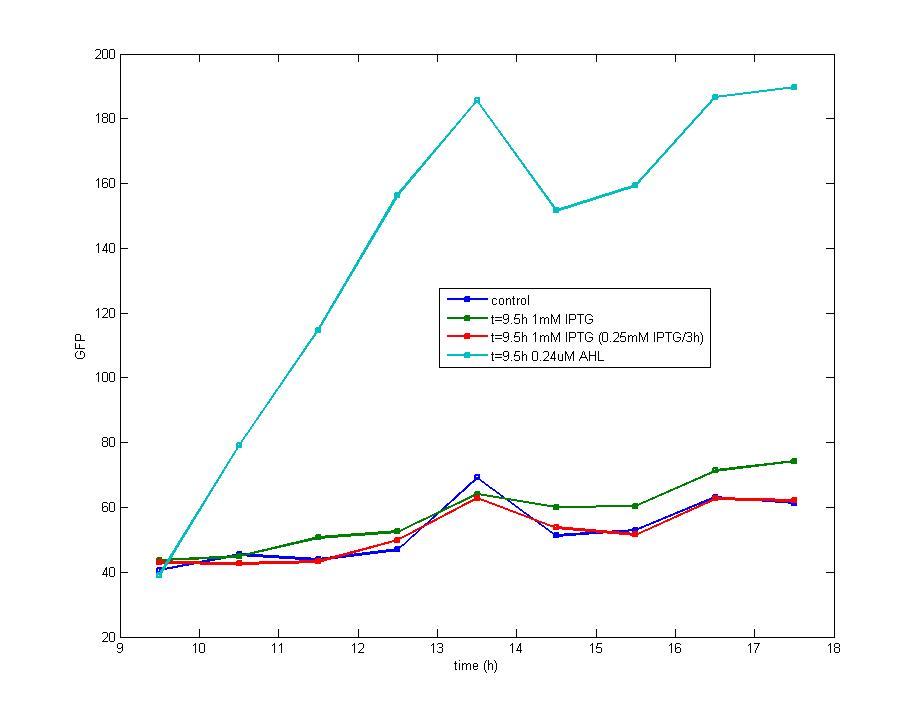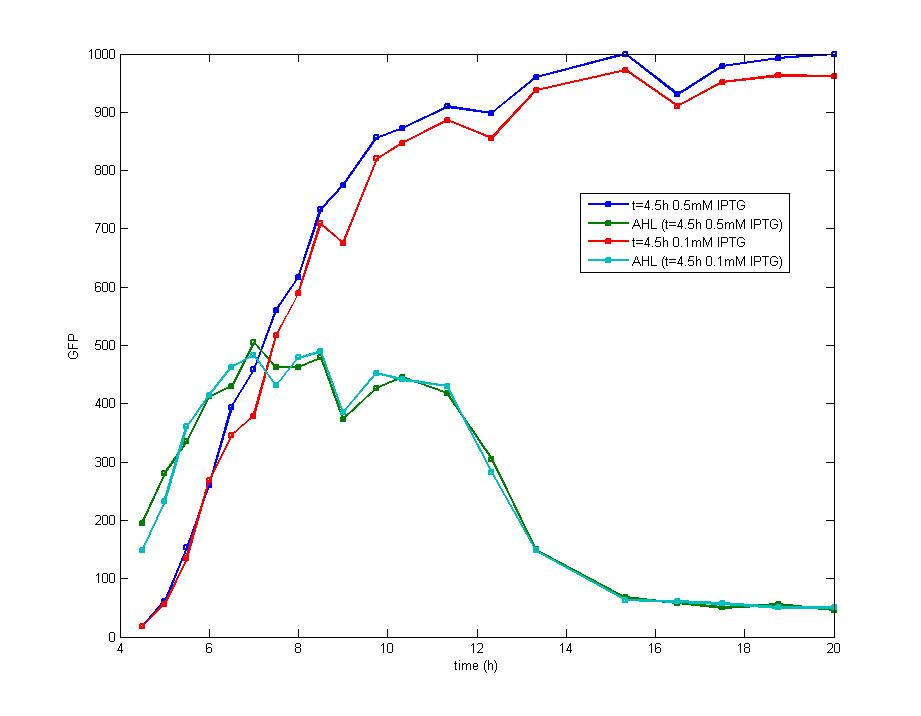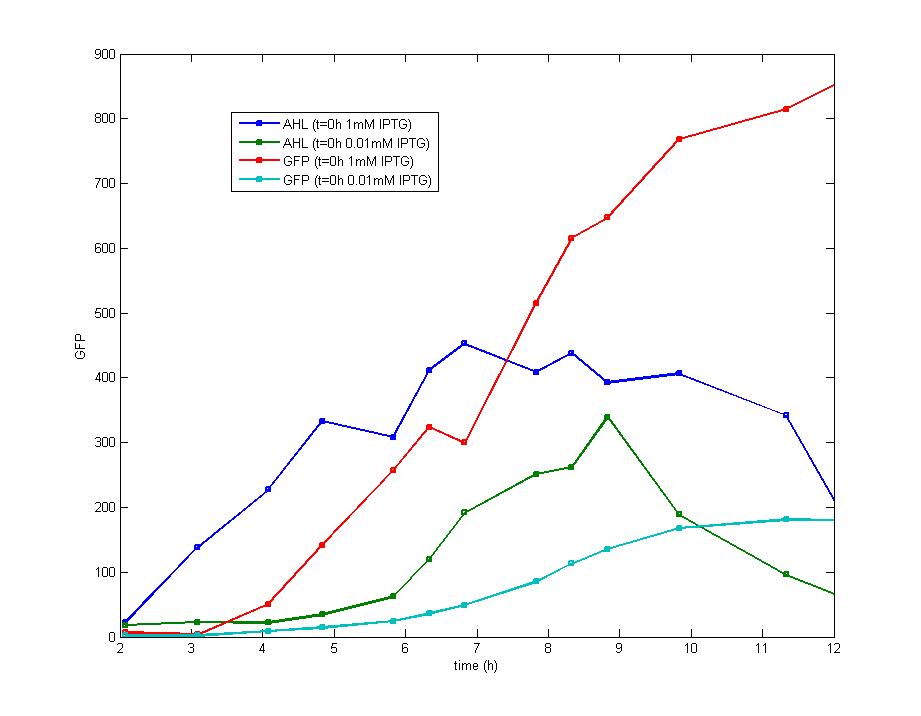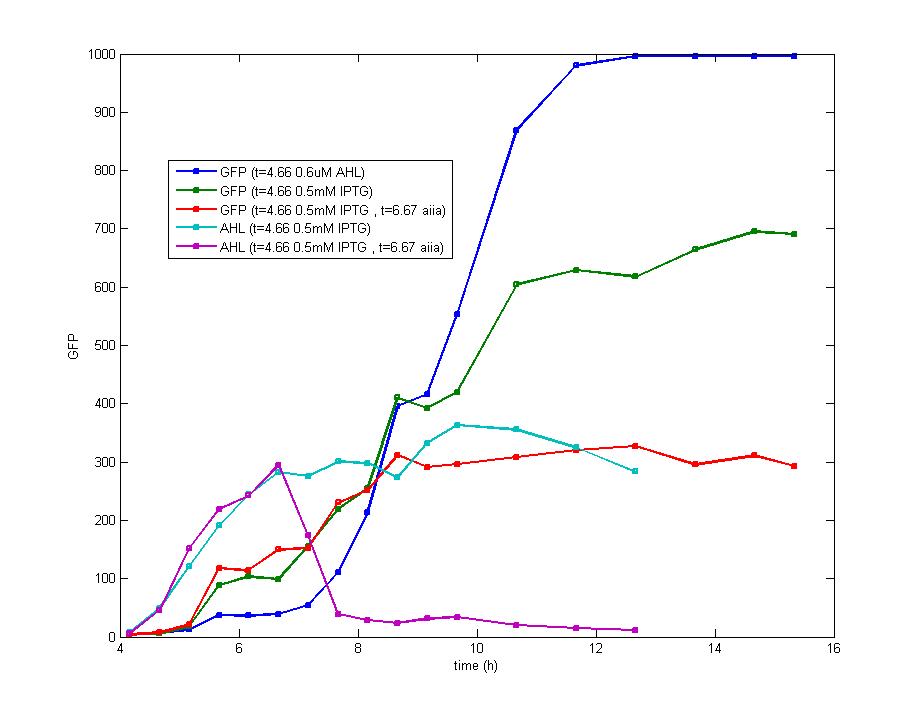Tianjin/FLIP-FLOP
From 2007.igem.org
Lovecarrot (Talk | contribs) (→Modeling) |
Lovecarrot (Talk | contribs) (→Modeling) |
||
| Line 40: | Line 40: | ||
<font size="3" color="#0000CC">2.2 <font>[[Tianjin/FLIP-FLOP/Model2|<font size="3" color="#0000CC">Change the degradation speed of AHL</font>]] | <font size="3" color="#0000CC">2.2 <font>[[Tianjin/FLIP-FLOP/Model2|<font size="3" color="#0000CC">Change the degradation speed of AHL</font>]] | ||
<br><br> | <br><br> | ||
| - | <font size="3" color="#0000CC">2.3<font>[[Tianjin/FLIP-FLOP/Model3|<font size="3" color="#0000CC">parameter sensitivity</font>]] | + | <font size="3" color="#0000CC">2.3 <font>[[Tianjin/FLIP-FLOP/Model3|<font size="3" color="#0000CC">parameter sensitivity</font>]] |
|- | |- | ||
|width="960px" style="padding: 10px; background-color: #FFCC33" | | |width="960px" style="padding: 10px; background-color: #FFCC33" | | ||
Revision as of 04:25, 26 October 2007
Design"Flip-flop" is the common name given to two-state devices which offer basic memory for sequential logic operations. Flip-flops are widely used for digital data storage and transfer as well as in banks called "registers" for the storage of binary numerical data. Based on the conception of "Flip-flop" and synthetic biology, we designed the Genetically RS FLIP-FLOP whose output signal is regulated by additional input signal. Besides this, we modulate the performance of Genetically RS FLIP-FLOP to optimize our original design. 1.Introduction to the logic rules of our flip-flop
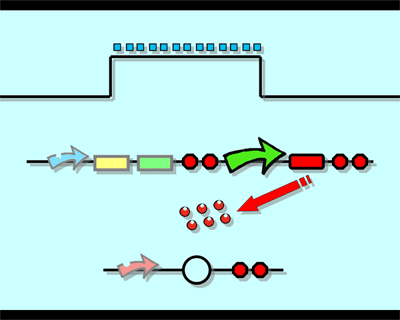 |
ModelingBased on Ordinary Differential Equations, we construct the Mathematical Model of our flip-flop system to test the result of our design and predict potential key factors deciding the results of our experiment. According to the model,the variation of output signal responding to the input signal matches the typical feature of flip-flop,there would no output signal only at the positive edge and negative edge of the input signal. The influence of signal strength to the output signal is also considered. By changing the degradation speed of AHL, the fluoresence intensity exhibit different behaviour which could be explained by principles of flip-flop. Finally, the parameter sensitivity is also tested to explore most significant parameter to output signals and it is discovered that the strength of promoter I, which controls the production of LuxI, the promoter II, which controls the expression of LuxR, exert great effect on the final results. 1. Construction of Mathematical Model 2. Model Result
|
Experiment1.Tianjin/FLIP-FLOP/Experiment/parts|Ligation Strategy and Parts Reservoir
|
